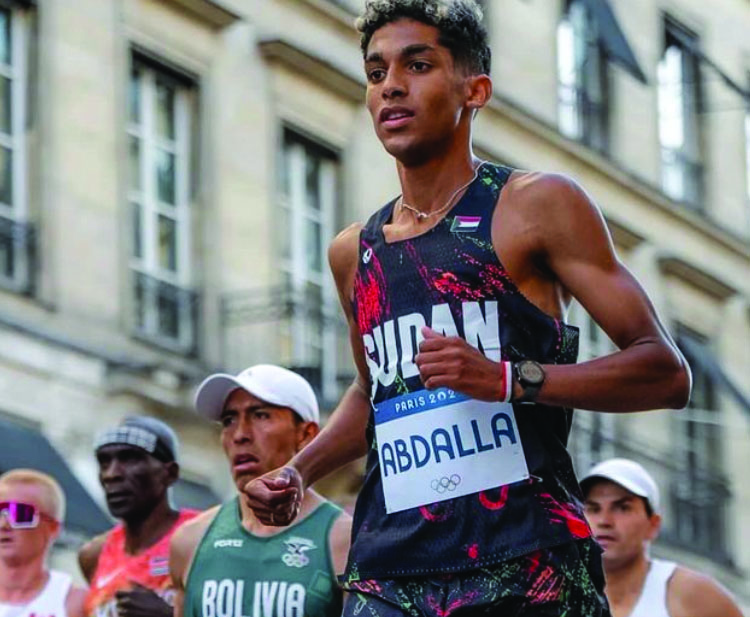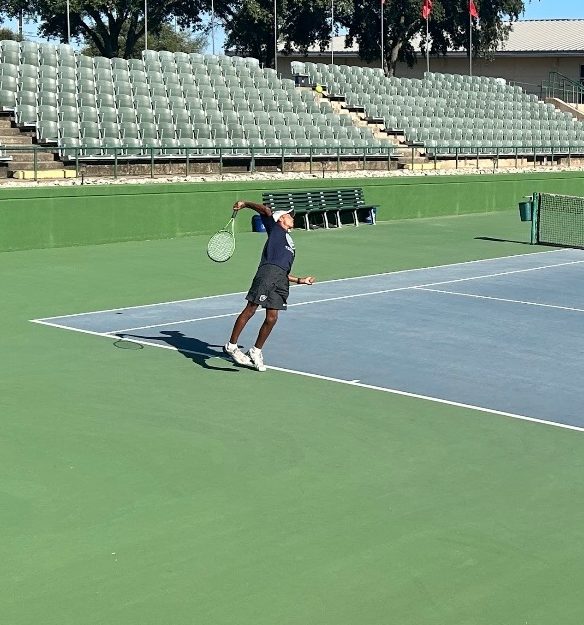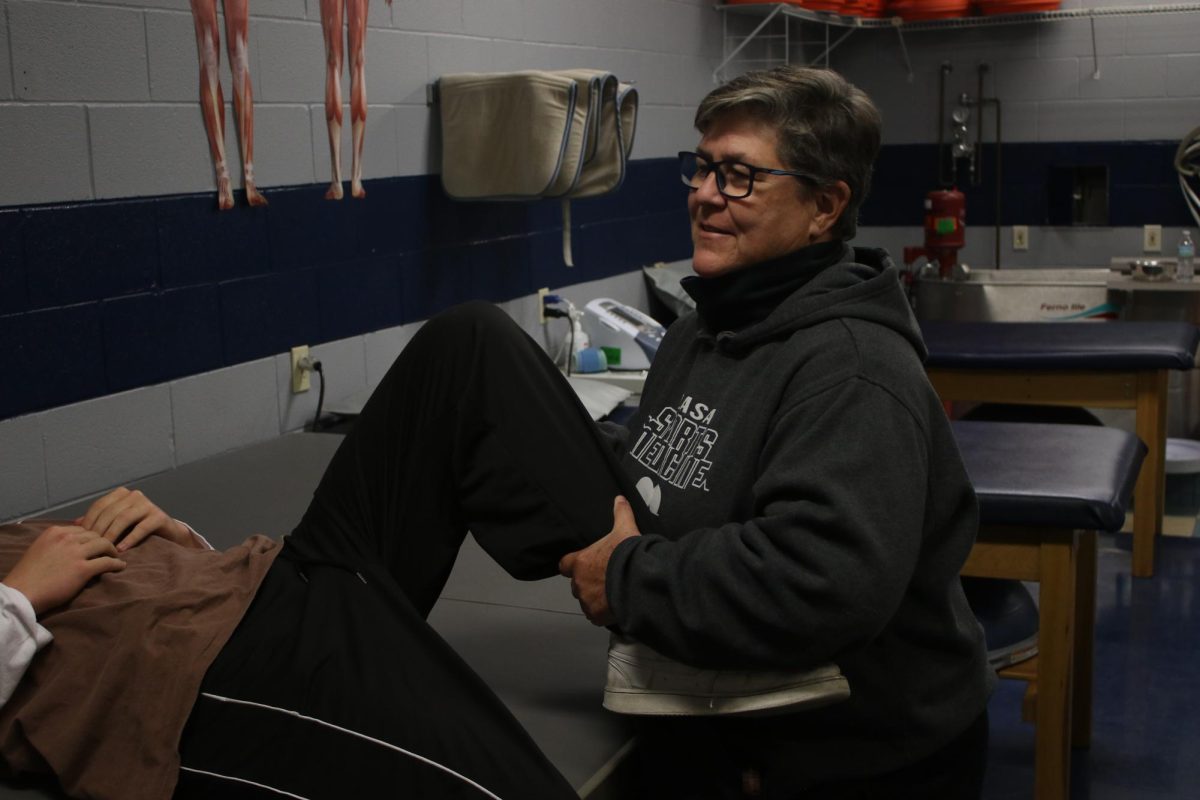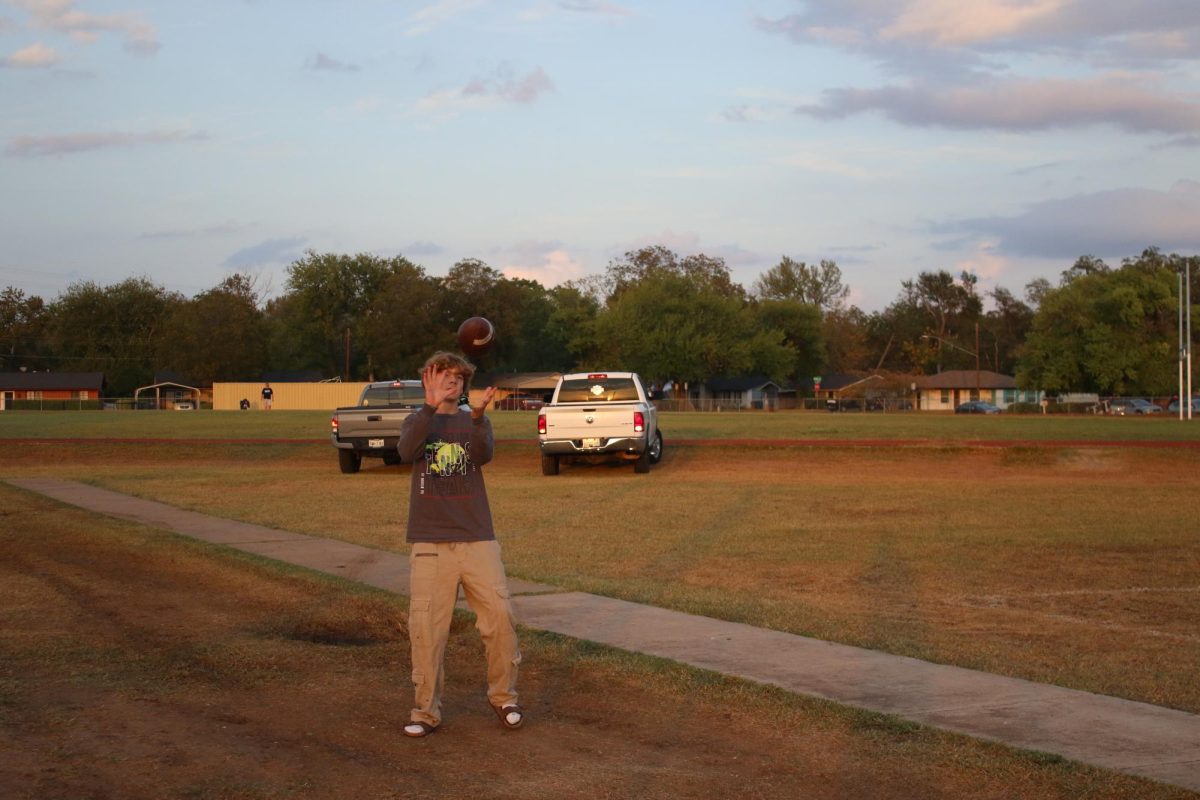At the 2024 Paris Summer Olympics, LASA Class of 2019 alumnus Yaseen Abdalla made history by breaking the national record in the marathon for Team Sudan with a time of 2:11:41, placing him 33rd overall and just over five minutes shy of the first place time. It was both his Olympic debut and the first ever marathon of his career. But before he was among the best in the world, he was a JV runner on the LASA cross-country team.
“I didn’t really take anything seriously my sophomore year of high school, just because I didn’t really believe I could be good at much,” Abdalla said.
When he transferred to LASA his sophomore year, Abdalla had only taken up running to fulfill a physical education credit requirement. His personal record (PR) that season was 24:42 in the 5K. It was not until the next track season, when Abdalla set a goal of running a mile in under five minutes, that he began to take running seriously.
“My PR was 5:10,” Abdalla said. “I went 4:53, so I ended up getting it. Finally, I was able to work hard at something that isn’t video games and have improvement, and that was a big deal for me.”
Because of his feat, Abdalla was invited by some of the experienced runners on the team to join the BornToRun Track Club. Being among some of the best in Texas, Abdalla continued to push himself alongside his new teammates to reach new heights he never could have imagined before.
“It was very much a small fish, big pond experience, and I enjoyed it,” Abdalla said. “Some people get shocked when they realize they are not as good as they think they are, but it made me feel there was so much room to grow, like I could actually get this good.”
Jon Croston, the ex-LBJ cross-country head coach, coached Abdalla while he was at LASA. According to Croston, Abdalla had made massive improvements in large part because he had developed one of the best work ethics on the team.
“There were people who worked hard, and then there was Abdalla, for whom it was like his life,” Croston said. “Usually it takes a few several years. You can get good in a couple years, you don’t get great in a couple of years.”
By his senior year, Abdalla led LASA to qualify for state and placed 3rd overall at the state meet. At the 2022 NCAA Indoor Championship, he anchored for the Distance Medley Relay team that won UT Austin’s first men’s indoor championship.
In the lead up to this breakout junior year of college, Abdalla began organizing with Sudan to represent them at the 2022 Worlds Athletics Championships. However, a sinus impingement forced him not to run the two months right before. He swiftly began cross-training in hopes of a full recovery in time for Worlds.
“I was out of a job,” Abdalla said. “An hour into the morning, I’d put up anime, Netflix, or something at a pool and just swim in circles, and I trained myself, because I think I got in the [application] portal. I was transferring right before that and I ended up going 14:15 [in the 5K at Worlds], which is a pretty bad time, but a really good experience.”
Abdalla’s Worlds performance was more than a mere shortcoming to him, no matter how bitter. It was an experience to take with him into the University of Tennessee and the Olympics. It was only one more reason for Abdalla to keep going when others would have conceded.
“It’s easy to think, ‘Wow, he’s improved so much,’ but it’s just an absurd amount of failure I’ve had to go through,” Abdalla said. “The number of huge, career-ending losses I’ve had, it’s definitely in the double digits, but it amounts to one or two for most people to quit right after.”
According to Abdalla, because of a three year clock for runners representing their nations, he was expected to once again run for Sudan, this time at the 2024 Olympics. However, because of World Athletics regulation, as a distance runner, Abdalla could only choose to run either the 800 meter or the marathon. He chose the latter after encouragement from his coaches and because of his competitive nature, even if he had no experience with the marathon whatsoever.
“Usually people don’t run the marathon so young,” Abdalla said. “At high levels of track, you wait until later, but I’ve been told I can do it.”
Still, in sharp contrast to previous championships, at the Olympic marathon, he remembers being remarkably calm and collected. Compared to his previous national championships, he approached the Olympics with much more confidence in himself.
“I just knew I was ready for it, versus how I’ve been very panicked, like a month before, or two months before [nationals],” Abdalla said. “I was terrified right before, terrified for regionals, terrified for nationals, just because I know I’m not ready, and I ended up not being ready.”
At such a pivotal moment in his career, Abdalla felt that he could not afford to even worry about his shot at Olympic glory, though easier said than done. For him, in order to overcome his recurrent fear borne out of pure dedication to his sport, he first had to overcome himself.
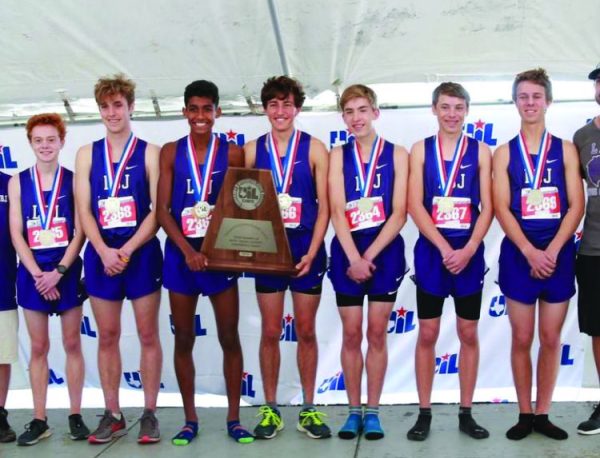
“I’ve wanted to train too hard, so I’ve been insecure about training too easy.” Abdalla said. “I basically approached the marathon with that same insecurity for the first week or first two weeks, and then I got buried, over-trained. Then I was like, ‘You’re gonna ruin your chance if you don’t just do the smart thing, which is two workouts a week, nothing crazy. Don’t try to do anything magic.’ And it worked so well, realizing I’ve just been my own worst enemy for the last four years just trying to do too much.”
Now dead set on placing in the top half of competing Olympians, he put all his efforts into planning and ensuring as painless a race as possible. Extrapolating his go-to 5K strategy to the marathon, he trained specifically to run at a maintainable, yet competitive speed.
“If I’m running 26 miles, that first 10 miles has to be painless so I was a little bit nervous, because I knew we were going to go around five flat [mile] pace,” Abdalla said. “…It felt like an easy run, except I’m literally with the best runners of all time. Kipchoge, Bekele, Haile Gebrselassie were there at the start line. Super cool.”
After an easy first 10 miles averaging close to a five minute mile pace, Abdalla stopped to use the bathroom at mile 15 and then sprinted out to make up for lost time, only to be almost immediately faced with what would prove to be the hardest part of the marathon.
“I was already a little bit gassed from [mile] 15, but then at [mile] 17, [I saw] just the worst hill I’ve ever seen in my life. ‘Requiem: Lacrimosa,’ by Mozart started playing in my head once I saw that hill. I thought, ‘This is over.’”
The uphill lasted over one mile. Abdalla was forced to jog in order to not waste immense amounts of energy and let people pass him to maintain his racing strategy.
“I used to rock climb, and it felt closer to rock climbing than running, I’m not gonna lie,” Abdalla said. “Jesus, we were crawling up this thing.”
Fortunately, his patience paid off, and he was able to use a two-mile-long downhill to reset his aerobic system. He subsequently ran the fastest mile splits of the race to catch up to and drop the runners in front of him.
“I caught one of the three people who dropped us immediately and then I think I caught one more after that, just from that pack,” Abdalla said. “The downhill, it felt like a free fall. It didn’t feel like running, it felt like just trying to stay on your feet, like crazy, crazy, big downhills. I think that allowed me to stay alive.”
Abdalla closed out the last six miles of the marathon at a hard, but normal pace to eventually set a national record for Sudan. While he did not achieve the goals he set for himself going into the Olympics, given where he was in rankings before the marathon, Abdalla estimates that he advanced well over 30 places when excluding bathroom breaks.
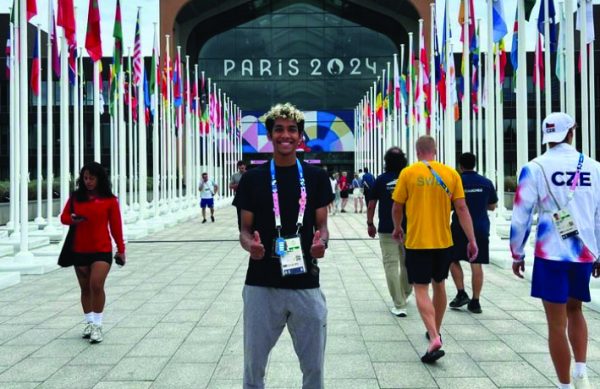
“I’d never run a marathon before, so technically, I was 90th out of 90 guys,” Abdalla said. “I think my goal was top 20. I got 33rd and I stopped to use the bathroom. Without that, I would have been like 28th or 27th.”
Junior James Rindfuss is a varsity captain of the LASA cross-country team. According to Rindfuss, watching Abdalla perform so well on the global stage and seeing where he is now has been an amazing experience for the team. Knowing his career began at LASA, he not only serves as a success story, but as motivation for LASA’s runners.
“It’s really inspiring because he did so well for LASA, and I want to do that, too,” Rindfuss said. “I’m sure a lot of people are inspired by him, especially everybody who runs cross-country for LASA.”
Abdalla will run his upcoming senior season with the University of Arizona Razorbacks after announcing his commitment in July. His social media and video content can be viewed on his eponymous YouTube channel, where he posts regularly.


